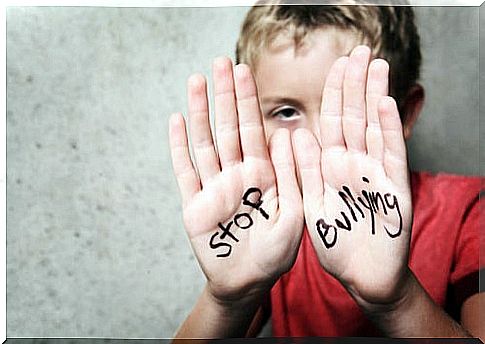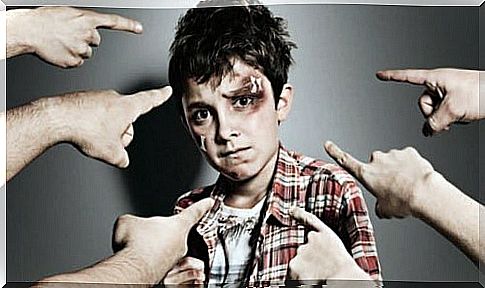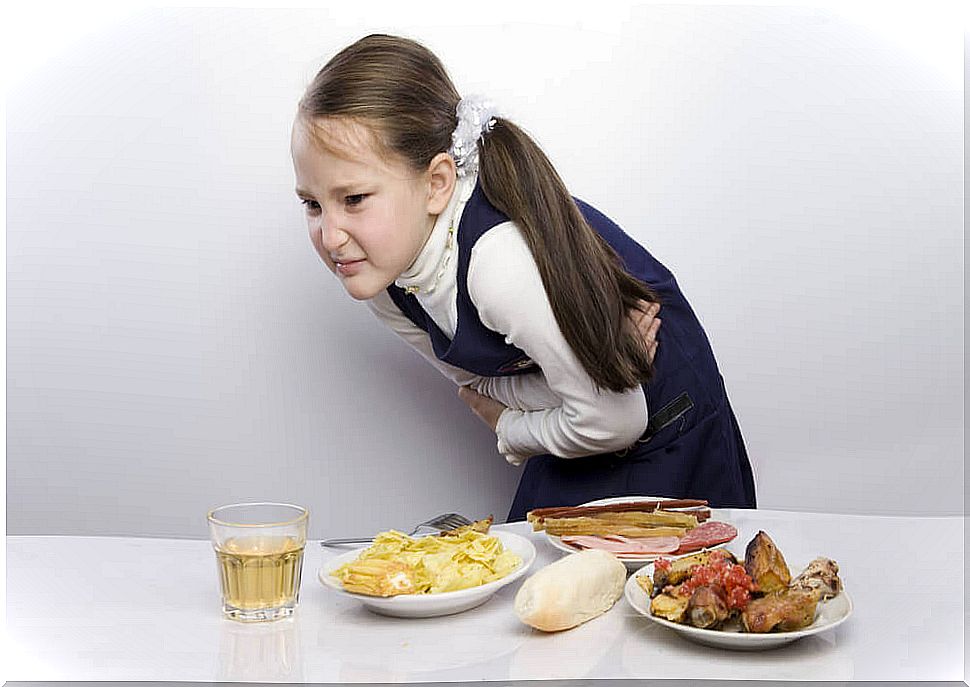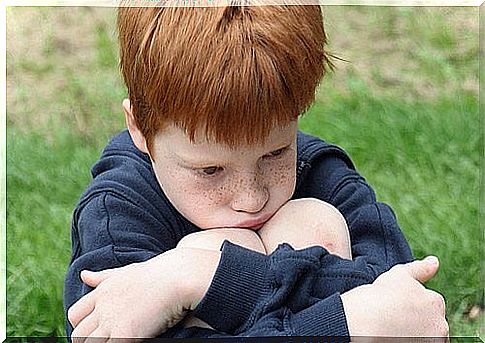Bullying At School: Is Your Child A Victim Without Your Knowledge?

It is important to know what the signs of bullying at school are because your child may not want to talk to you about the problem due to fear or shame.
- Bullying at school is, without a doubt, a major problem. Therefore, you should pay close attention to the signs that could indicate that your child is being bullied.
To put it briefly, bullying is harassment or physical and mental abuse. It is especially prevalent among school children. One of the characteristics of bullying in school, as well as in other environments, is that it stands on a regular basis or over a long period of time.
This type of behavior starts already when children are between three and six years old.

How do you know if your child is a victim of bullying at school?
It is important, at an early age, to teach your children the value of respect, friendship and trust. It is also essential that they learn to respond without aggression if something does to them.
They need to know that they can talk about any problem and express their feelings, doubts or fears towards family members. They need to feel free to talk to their family, especially their parents.
If you do not have good communication with your son or daughter, you will not be able to see if your bar is a victim of bullying at school.
It may be that your child does not dare to tell you it or does not dare to mention it at home due to shame.
It may also be that you observe a behavior that indicates that not everything is ok at school or among your child’s peers.
Behavior that may indicate that your child is a victim of bullying at school
Reluctance to go to school
Victims of bullying can invent diseases to avoid having to go to school, but be completely healthy when their parents take them to the doctor.

You should encourage your child to explain why he or she does not want to go to school. Parents need to build trust so that the child feels free to talk about what’s wrong, why he’s feeling bad, or why he does not want to go to school.
Change of behavior
These are changes that happen slowly and gradually and affect your child’s personality. Victims of bullying at school may not want to talk to old friends or family, even though they may have used to be extroverts.
Victims of bullying can also get nervous when they go to school and their mood changes.
Outbreaks of anger, violence or irritation
In young boys, it can often be difficult to recognize these patterns and warning signs because they may already have an irritable temper.

However, you should be aware that these mood swings can be a sign of harassment.
Lose clothes or school supplies
Your child may begin to lose personal belongings or school supplies. Those who bully often use this as a way to scare their victim. Additionally, your child may start asking you for money just to give it to the bully.
Extortion is very typical of the bully. In fact, it is most often psychological harassment that the bully exercises towards his victim. This is according to Inaki Pinuel, an expert in psychological violence and harassment and professor at the University of Alcala.
Frequent signs of bullying are primarily psychosomatic.
Psychosomatic symptoms
Your child may have various physical symptoms, even if the bullying is mental.
Some of the most common signs are:
- Pain right after waking up
- Dizziness or headache
- Digestive problems or lost appetite
- The tremor or palpitations
- Changes in presentations in school
Victims of bullying may lose interest in their school assignments, lose concentration or attention.
Also read: Why you need to make peace with yourself today
What should parents do if they suspect that their child is being bullied at school?

If you have found out that your son or daughter is being bullied or harassed, it is important that you do not blame the child or yourself. Just because this happens does not mean you are a bad mom or dad. In addition, your child should be able to feel safe and secure at home. Here are some helpful tips:
- Let your child know that he / she is not alone and can always count on being heard and helped.
- Keep calm. Do not show your concern. Your child needs to see determination, positive attitude and strong character.
- Go to school and talk to an authority figure. This person can help you find the right solution to the conflict.
- Maintain communication with the school so that you can count on support and help for both the victim and the bully (or bullies) to gain a better understanding of non-aggression.
Also read: Mindfulness for children and young adults: Is it effective?
In the home, the emphasis should be on tolerance, friendship and mutual respect so that children can grow and become a responsible adult. The home is the hearth of love and education for your children. This is why they learn values and behavior.
Be aware of this and also avoid confrontations, as well as physical and verbal aggression, so that children do not start copying this behavior elsewhere.









